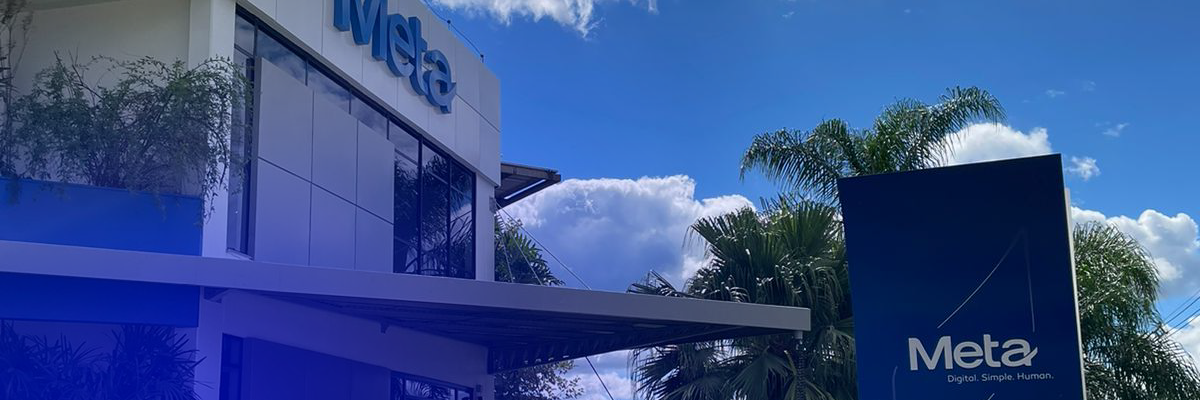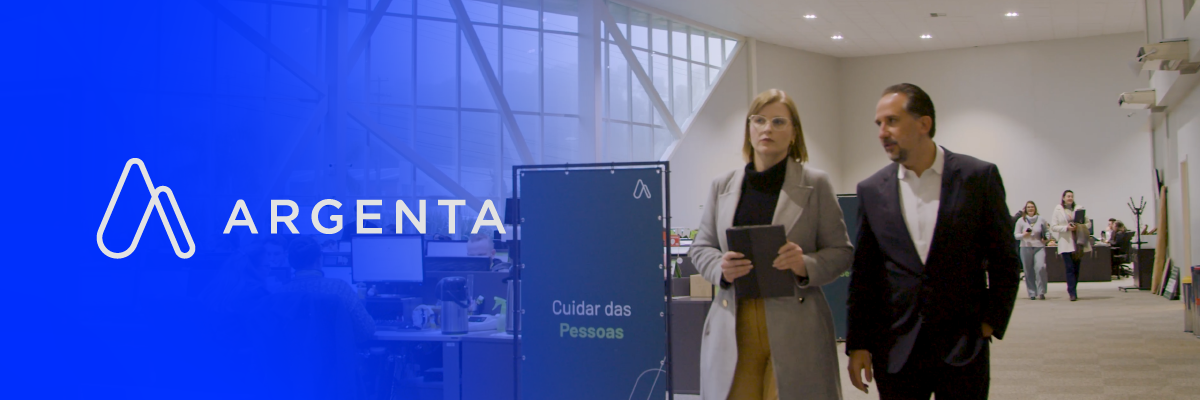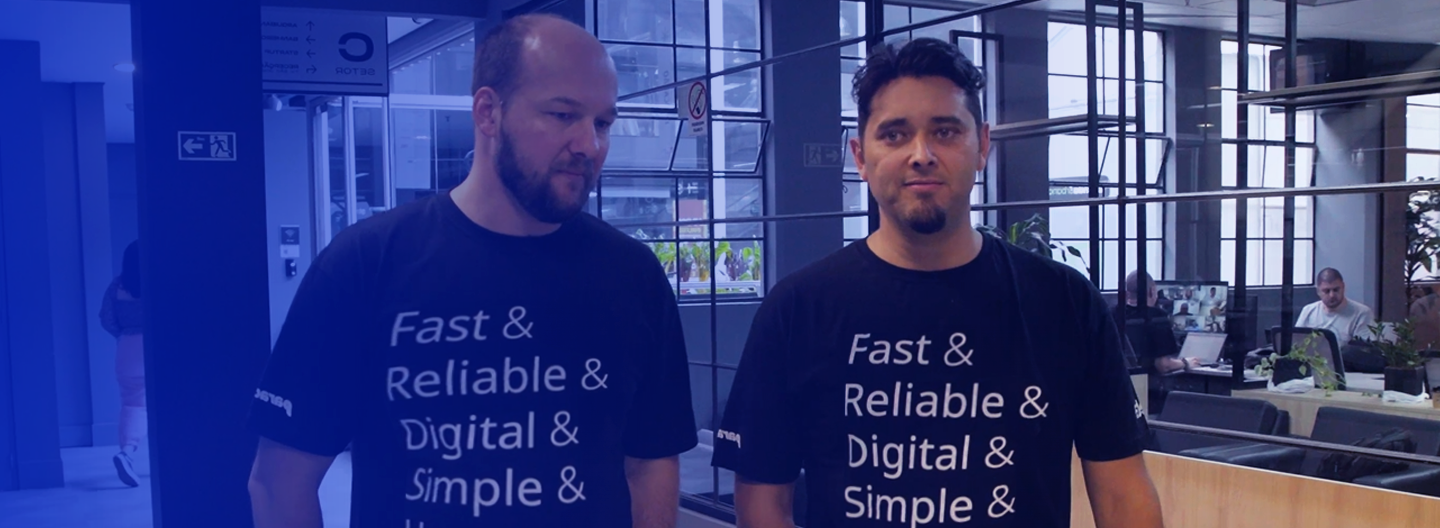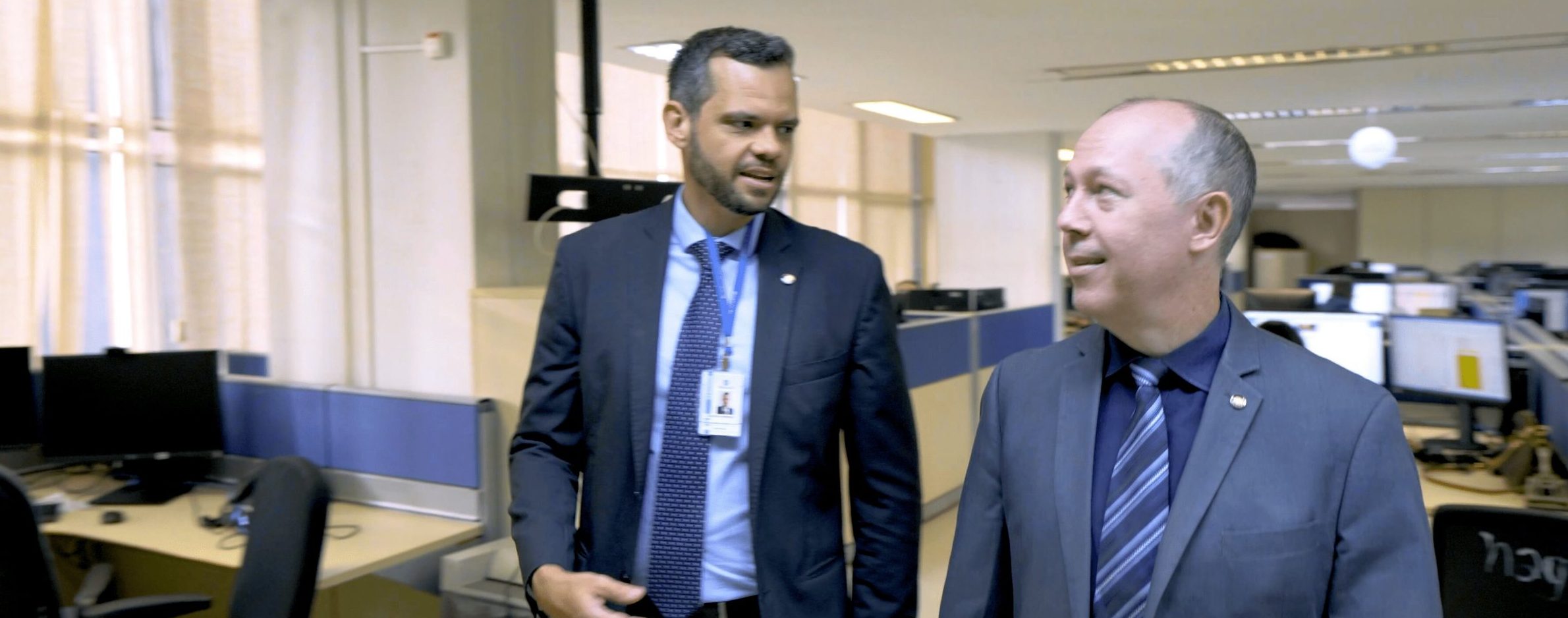Meta supports TJ-RS in implementing the electronic process system and digitizing physical records through agile software development
Digital transformation is present in all spheres of public and private services, with Meta playing a key role due to its tradition and expertise in making the world more digital. Meta’s experience secured a public bid to provide software services using agile practices to support the adaptation and implementation of the eproc system, accelerating the digital transformation of the Rio Grande do Sul Court of Justice (TJRS). The project faced two major challenges: implementing the electronic case management system, eproc, and digitizing the physical archive, which represented 75% of the state’s total records.
“The contract focused on agile software development for the eproc system, which is one of the main systems used by the state judiciary,” explains Antonio Braz, IT Director of TJRS.
“Eproc is the judiciary’s primary system, handling all case proceedings. Parties and lawyers can track cases remotely and digitally through the court’s website. Another critical project was the digitization of the physical archive. More than 2 million cases were digitized and integrated into eproc through a system developed in collaboration with Meta, creating a bridge between the legacy system and the new electronic case management system,” Braz recalls. The goal was successfully achieved, and today, 90% of the court’s cases are electronic.
Meta’s flexibility and client-focused approach were essential for the digitization project’s success. “Due to the project’s scale, we divided the state of Rio Grande do Sul into five regions. We needed a single system to integrate the eproc electronic process. To address this challenge, we partnered with Meta to develop a bridge system that could connect various service providers to the electronic case management system. Additionally, it had to integrate with our legacy system,” says Braz. Meta was responsible for the acquisition, implementation, and customization of the Sysged software, ensuring full integration with eproc and the physical records system while also providing management tools for multiple companies involved in the process.
Roberta Reinehr, Head of Government at Meta, highlights the complexity of managing diverse professional profiles and the large number of people involved. “Throughout this project, we had more than 20 professionals working under the contract, including PHP and Java developers, BI analysts, and system analysts, among others. We also contributed to the data innovation area and provided a Python developer to support a specific client requirement,” says Roberta.
Meta’s expertise in agile methodologies also played a crucial role in the successful implementation of eproc. Meta understands that digital transformation is also a cultural shift—as processes change, they require new forms of engagement from teams, ultimately impacting organizational culture. Antonio Braz recalls that Meta provided key resources for this transition.
“When we started working with Meta, we were still in the early stages of developing agile methodologies within our teams. The court had 42 agile teams in its IT department, but the level of maturity was quite low at that time. Through this partnership, we were able to significantly accelerate the adoption of agile methodologies and multidisciplinary teams. We were also restructuring our organizational chart, creating a new Directorate of Special Projects, focused on innovation and strategic projects. Meta’s support was instrumental at this stage, especially in areas like AI and automation, where we initially had very few specialists. Thanks to this collaboration, we were able to leverage prototypes and projects that are now fully integrated into our electronic case management structure,” says Braz.
The successful implementation of eproc, with Meta’s professionals working alongside TJRS teams, accelerated the digital transformation of the judiciary in Rio Grande do Sul. According to data from the National Council of Justice (CNJ), electronic case processing is up to 80% faster than physical proceedings.
“This speed improvement is essential. Whenever you ask a citizen what they expect from the judiciary, the answer is always the same: they want their disputes resolved as quickly as possible. This is exactly what digital transformation delivers. By focusing on two key pillars—the implementation of the electronic case management system and the digitization of physical records—we have achieved a direct benefit for citizens and society as a whole,” Braz concludes.













